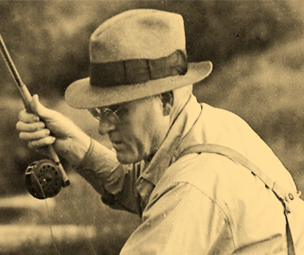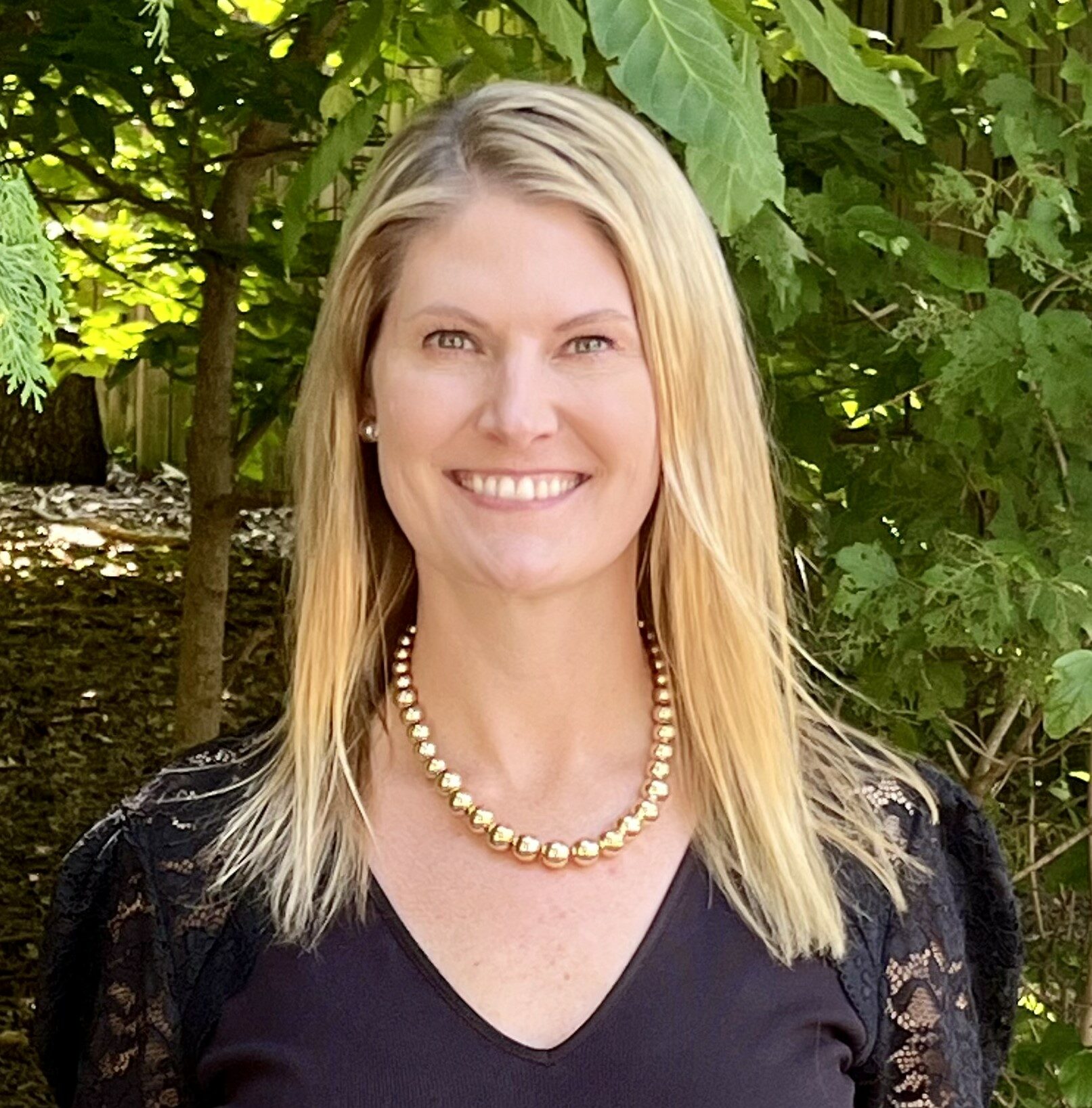We were born for the outdoors — for sport or serenity, with families and friends or even in solitude.
We champion America’s heritage of hunting and fishing as essential to managing our natural resources, and we’re dedicated to building knowledge, sharing experiences, and creating the memories that last lifetimes.
Our Mission Statement: “To drive innovation and entrepreneurial thought in conservation.”
Max McGraw
A few years before the turn of the 20th Century, a young man named Max McGraw became a horse-riding delivery boy for the Journal and Tribune newspapers of Sioux City, Iowa.
His boss – the only one he ever would have in an illustrious business career that spanned more than 65 years – was the circulation manager, J.N. “Ding” Darling. Ding Darling went on to become a Pulitzer Prize-winning editorial cartoonist and one of the most influential conservationists in American history.
His protégé Max McGraw became founder of the McGraw-Edison Co., which manufactured electrical and mechanical products under such brand names as Toastmaster and Speed Queen.
Read more

The need for efficiency in conservation
Since its inception in the early 1900s, the North American model of conservation has been based on the idea that federal and state governments would provide the funding, the labor, and the promotion and advocacy for hunting and fishing in our society. Billions of dollars are generated and spent each year by the federal government and the states to support hunting and fishing. But the landscape has changed.
A century ago, there were almost no not-for-profit, private-sector organizations working on behalf of those who hunt, fish or work to conserve and manage land. This has change. Non-profit, non-governmental conservation have repeatedly proved their ability to effectively design, implement and maintain large-scale conservation programs and projects. Meantime the funding of hunting and fishing in America remains largely driven by the federal government.
Hundreds of millions of taxpayer dollars are expended annually on conservation through a complex series of federal agencies and programs. These funding sources face an uncertain future.
Read more
A century ago, there were almost no not-for-profit, private-sector organizations working on behalf of those who hunt, fish or work to conserve and manage land. This has change. Non-profit, non-governmental conservation have repeatedly proved their ability to effectively design, implement and maintain large-scale conservation programs and projects. Meantime the funding of hunting and fishing in America remains largely driven by the federal government.
Hundreds of millions of taxpayer dollars are expended annually on conservation through a complex series of federal agencies and programs. These funding sources face an uncertain future.
Read more

How we see conservation
Think about this. You are handed the keys to a $25 billion-a-year industry. Your customers are passionate, generous and committed, but their numbers are dwindling. Billions are wasted.
There is little oversight and accountability. Departments duplicate efforts. In some cases, they work at cross purposes. You know what needs to be done. When it comes to conservation, so do we.
McGraw’s guiding principles are economic efficiency, entrepreneurial thought, and innovation. We believe that the future of hunting, fishing, and land management in America is keyed to fiscal reality, responsibility, and accountability. With governments under increasing pressure, it is highly unlikely that more taxpayer dollars will be forthcoming, making it all the more important that we maximize the return on investment on the money that is available.
Read more
There is little oversight and accountability. Departments duplicate efforts. In some cases, they work at cross purposes. You know what needs to be done. When it comes to conservation, so do we.
McGraw’s guiding principles are economic efficiency, entrepreneurial thought, and innovation. We believe that the future of hunting, fishing, and land management in America is keyed to fiscal reality, responsibility, and accountability. With governments under increasing pressure, it is highly unlikely that more taxpayer dollars will be forthcoming, making it all the more important that we maximize the return on investment on the money that is available.
Read more

How ‘Wings Over Water’ took flight
In 2016, the Max McGraw Wildlife Foundation began an unprecedented review of the funds sent to Canada’s prairies under the North American Wetlands Conservation Act in hopes of identifying potential improvements to the system, ensuring that it could be held up as a model of effective conservation and efficient government spending.
The project team included distinguished conservationists from across the nation, including former leaders of state natural resource agencies or branches of the U.S. Fish and Wildlife Service, scientists, a Pulitzer Prize–winning journalist, and other experts in communications.
After more than two years of research, the team reached an astonishing conclusion: if anything, the significant accomplishments of the North American Wetlands Conservation Act in prairie Canada had been underreported. Its success story could and should have been better told.
Read more
The project team included distinguished conservationists from across the nation, including former leaders of state natural resource agencies or branches of the U.S. Fish and Wildlife Service, scientists, a Pulitzer Prize–winning journalist, and other experts in communications.
After more than two years of research, the team reached an astonishing conclusion: if anything, the significant accomplishments of the North American Wetlands Conservation Act in prairie Canada had been underreported. Its success story could and should have been better told.
Read more

- Devon C. Bruce
- Christopher B. Burke, Chairman
- James DiMatteo
- Stephen L. Golan
- Mark Hamilton, Treasurer
- Michael C. Hillstrom, Vice Chairman
- David M. Keller, Secretary
- Kerry Luft, Executive Vice President and Assistant Secretary
- Douglas R. Oberhelman
- Jake Pepper
- Daniel R. Plote
- Mr. Charles S. Potter, Jr., President & CEO
- Glenn W. Reed
- Richard T. Schroeder
- Crystal C. Shaw, Chief Operating Officer and Assistant Treasurer
- Allen M. Turner
- Jeffrey M. Walters
- Kenneth E. Wegner
- Duncan M. Alexander
- Thomas I. Anderson
- Bruce K. Crowther
- Robert G. Donnelley
- Scott M. Elrod
- Marshall Field
- Terence M. Graunke
- Allan L. Maca
- Carol E. Moorman
- J. Stanley Pepper
- Joseph J. Slawek
- Timothy N Thoelecke



